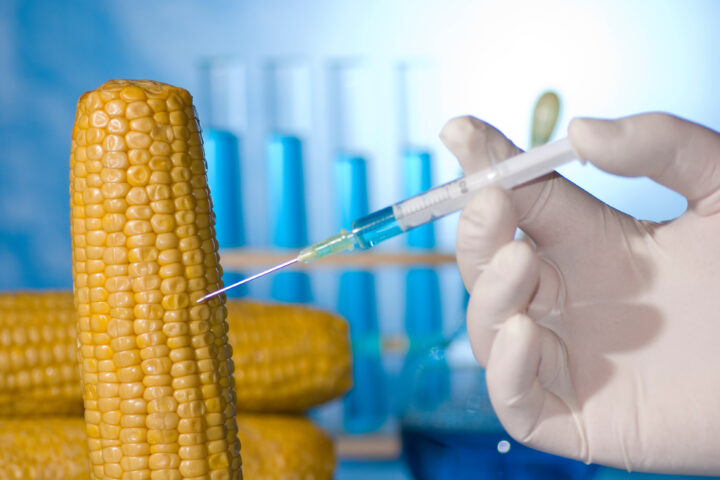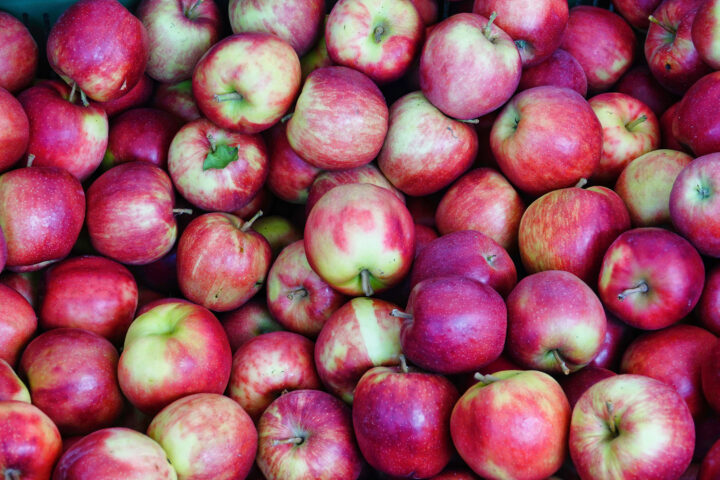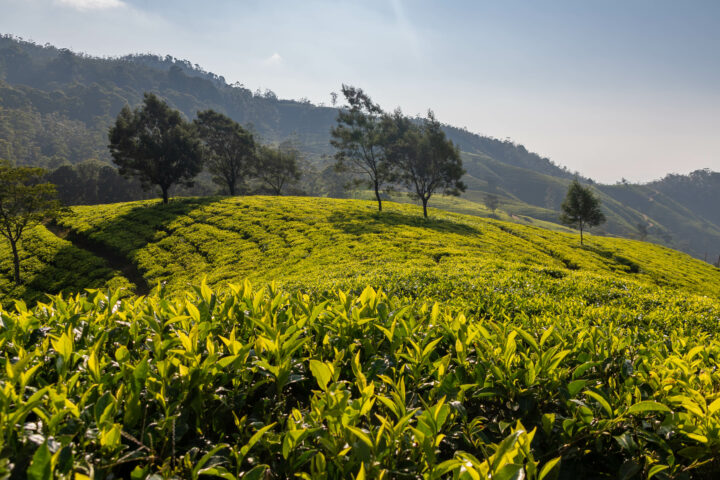«Who is afraid of the evil GMOs?»
Jürg Vollmer is editor-in-chief of the magazine «die grüne». He advocates the authorisation of breeding methods such as genome editing. In this way, the advantages of wild and cultivated plants can be combined in a meaningful way.
Tuesday, November 2, 2021
Content in German
Modernes Genome Editing ist kein Teufelszeug, sondern die logische Fortsetzung der Mutation und Mutagenese in der Pflanzenzucht. Pflanzengenetiker verändern das Erbgut mit der «Genschere» CRISPR/Cas so präzise, dass man auch von «Gen-Chirurgie» spricht. Ohne artenfremdes Genmaterial hinzuzufügen (= transgen-frei).
CRISPR/Cas unterscheidet sich in den Zielen und im Ergebnis nicht von der traditionellen Pflanzenzucht: Sie verändert ein Gen-«Schnipsel» und macht damit Nutzpflanzen ertragreicher und resistenter gegen Krankheitserreger und Schädlinge. Und das ist nötig: Denn die heutigen – auf hohen Ertrag gezüchteten – Nutzpflanzen sind genetisch verarmt.
Mit CRISPR/Cas werden Nutzpflanzen gezüchtet mit den Vorteilen der robusten (und oft auch schmackhafteren) Wildpflanzen und den Vorteilen von Kulturpflanzen, die Schädlingen trotzen, Pestizide einsparen und dabei mehr Ertrag liefern. Es wird Zeit, dass wir unsere Angst vor den «bösen GVO» überwinden und die Chance nutzen, die sie bieten.
Jürg Vollmer ist Chefredaktor der Zeitschrift «Die Grüne». Dieser Beitrag erschien zuerst in der Ausgabe 10/2021.
Related articles

Science resists ban on GMO crops
The Supreme Court in the Philippines wants to stop the cultivation of genetically modified plants Golden Rice and Bt aubergine (Bacillus thuringiensis). This is anything but well received by the government and the scientific community: The ban could jeopardise the country's food security.

Enabling what is inevitable
The opponents of progress are once again in the starting blocks. In mid-April, critics of genetic engineering announced a popular initiative aimed at making any relaxation of the existing moratorium on genetic engineering impossible. The exact wording is not yet known, but the statements made by the exponents make it clear that the total blockade on modern plant breeding is to be enshrined in the constitution.

Where the focus lies in apple breeding
The new head of Agroscope's fruit breeding research group is Andrea Patocchi. In an interview with the trade journal Obst + Wein, he explains where the focus of apple breeding lies today.

Chinese robot picks tea
There is a shortage of tea pickers in China. A robot developed by a researcher is set to remedy the situation and take over the work in future. Thanks to artificial intelligence, the machine can even recognise the shoots of the tea plant. The first harvesting robots are also already being developed in Switzerland.

